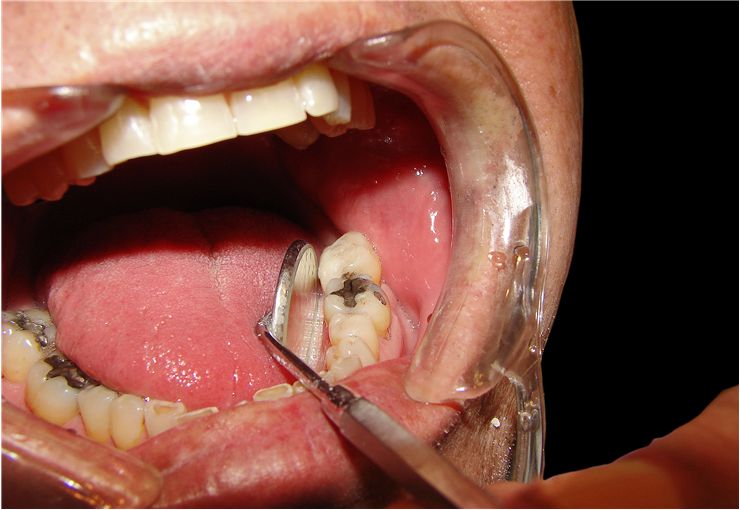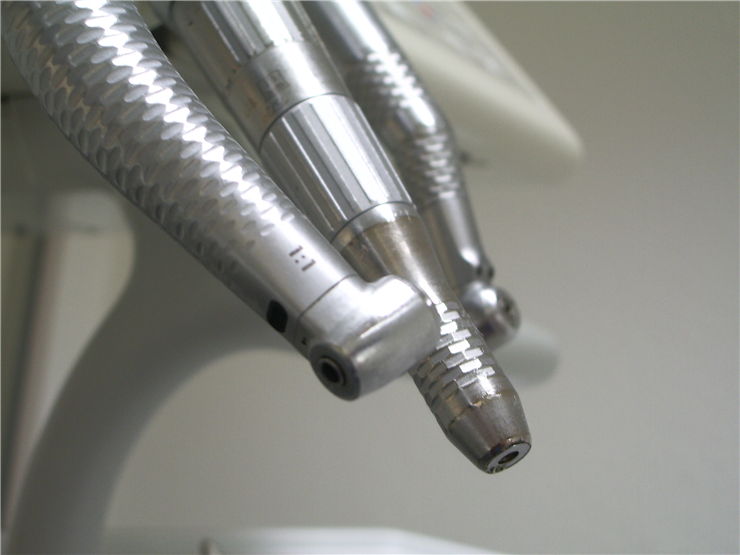Dental Fear and Anxiety - Dental Phobia
Dental fear (also known as odontophobia, dentophobia, dentist phobia, dental anxiety or dental phobia), is a fear of dentistry and of receiving dental care. Some advice that it is called posttraumatic dental anxiety in cases where people who feel this fear people who do not feel their fears to be excessive and resemble individuals with post-traumatic stress disorder, which is in this case caused by previous traumatic experiences with dentistry.
In the United States it is estimated that 75% of US adults experience some degree of dental fear, ranging from mild to severe. 5 to 10 percent of U.S. adults experience dental phobia of such strength that they avoid dental care at all costs. Some experience so-called "cycle of avoidance". They avoid dental care because they are afraid until they have some bigger dental problem which requires invasive treatment. That treatment then reinforces the fear and the cycle begins again. Dental fear is more common women than in men and in younger than in older persons.
Dental fear can develop through direct and through indirect experiences. People who got dental fear through direct experience usually had traumatic, difficult, and/or painful dental treatment. But painful or traumatic dental experience doesn’t cause fear alone. It is very important how the patient perceived the manner of the dentist. In the tests that were done, dentists that were perceived as "impersonal", "uncaring", "uninterested" or "cold" produced higher dental fear in patients even when treatments were not painful, while patients that had painful treatments but were treated by a dentist that they perceived as caring and warm had less or less stronger dental fear. Fear from indirect experiences can develop from hearing stories of traumatic experiences of other people; through mass media and its negative portrayal of dentistry (scary imagery of dentistry in movies for instance); by the way of stimulus generalization - from a previous traumatic experience in a non-dental (but similar) context. People who have been abused in any way may also have fear from situations connected with dentistry. People can have dental fear also from feeling of helplessness and perceived lack of control. Person believes that they cannot influence a negative event, they experience helplessness and from that comes fear.
Dental fear can be treated with dental fear of a combination of behavioral and pharmacological techniques. These are done in specialized dental fear clinics which use both psychologists and dentists to help people. They can also be successfully treated with a combination of "tell, show, do" and gentle dentistry where patients are familiarized with treatments and their importance. Procedures are explained in a way which a patient can understand easily (tell), then those procedures are demonstrated to him and he is familiarized with sights, sounds, smells which patient can encounter during the procedure but in a way that does not threaten him/her (show), and then the actual procedure is done (do). Pharmacological techniques are generally use of mild sedation and sometimes general anesthesia, and are used in combination with behavioral techniques.

